The ‘From the Middle East to the Mount Everest’ part is over half way into the book with the climactic final assault of the Everest taking up maybe a page. The perils posed naturally by Hillary Step, the last real challenge along the Southeast route, take up a chunk of the narrative. No falling ice or avalanche, shifting glaciers or nail-biting crevasse crossing. The only suspense here is the author hurrying despite frostbite wanting his summit to coincide with Jordan Independence Day; the climb is sponsored by the royal family. He even rushes cheerily through the ‘death zone’ at descent. Then as Salameh repeatedly admits in the book, probably dousing some reader enthusiasm, climbing is not his passion but a means to raise money for causes important to him and issues that consume him especially the plight of Palestinian refugees. A reason why he seems alright about the repeated ‘first Muslim to…’ statuses bestowed on him by media following his exemplary physical feats. The first Muslim to climb the Everest was the Turkish Nasuh Mahruki; early this year Mostafa Salameh became the ‘first Muslim to reach the South Pole.’ Before that he had made it notably to the North Pole and the Seven Summits.
Though the preface to ‘Dreams of a refugee’ reads like a protracted press release for an upcoming event in Salameh’s climb-for-a-cause calendar – ascension of the Ben Nevis the highest mountain in Britain in November 2017 to mark the centenary of the Balfour Declaration – it also lays down with clarity, something the Declaration itself was missing which is the aspiration of a population as well as the author’s stake in it. The chapter on his growing up years in Kuwait and Jordan and early working life in London moulds some telling imagery with useful referencing to history and ongoing political turmoil. The need for ‘wasta’ or useful connections as it is called in Jordan for one to prosper in any sphere is a universal but interesting truism. We also get a glimpse of the ‘empowered refugee mentality’ that is creating upheavals in refugee camps in recent times. ‘Kuwait,’ as Salameh reflects early on, ‘you gave us schooling, why didn’t you grant us any rights?’
The pace of the narrative is breathless, understandably so as Salameh has a lot to say – he has gone through, and done, a lot. Through sheer will and hard work and some fortuitous ‘wasta’ he lands the dishwasher job in the Jordan Embassy in London – a job he soon leaves following a spat with the ambassador. He falls in love with Scotland, decides to settle down in Edinburgh embracing Ecstasy and the party circuit. Here he makes some life-long friends who inspire him on many levels, who help him with his English and introduce him to life-changing books and India. In his voyage of self discovery, he spends six months in Kashmir where he also meets Fatima, a school teacher, eight years older than him. They get married but he leaves her as she doesn’t get pregnant. The casualness of it all is off-putting: Surely he couldn’t have been that influenced by the libertine ways of his personal icon, the intrepid traveller Ibn Battuta? That was seven centuries ago, today we have IVF.
Probably because of his increasing engagement with fund raising and the corporate world, the book reads like a PowerPoint presentation in many places. Histories of the Queen Margaret University and Newington were like straight out of Wikipedia – who also have been mentioned in several footnotes. I thought about Bill Bryson (‘yet to get his new book’) who presents history like a sitcom script. But the chapters ‘Islam’ and ‘Palestine, Isis, Radicalisation’ were revelations, eye-openers. Here he presents the Quran and some relevant tenets with the inquisitive mind of a philosopher and the vehemence of an activist. He profoundly investigates the rising causes of radicalisation among Muslim youth by dissecting the true meaning of jihad and Sharia laws. He traces the fragmenting of Islam into Shia and Sunni factions but treads fractious territory by quoting scholars like the controversial al-Razi who wrote that ‘all those who claimed to be prophets were devious or psychologically unwell.’ More recently there is Karen Armstrong who writes about terrorists being ‘chiefly motivated by the desire to escape a stifling sense of insignificance and pointlessness in secular nation states that struggle to absorb foreign minorities.’ The suggestion made by British Muslim Syed Kamall was immediate and impactful – the need for English speaking and moderate imams in Western mosques.
One thing I found outright unsettling was the consistently mordant mention of Israelis and all things Israeli. It is true that the author is a staunch supporter of the BDS an organisation formed to force Israel to comply with Palestinian rights through economic pressure. His puerile snubbing of the friendly overtures of an Israeli, part of the North Pole expedition party, is just one of the several anti-Israel rants in the book. For a staunch Muslim like Salameh it appears the noble Surah 60 is lost on him: ‘Perhaps it may be possible for God to create affection between you and your enemies.’
The longest chapter in the book is on rising radicalisation and the suffering of Palestinians – to whose plight he is trying to bring international attention and possibly, succour. The conflict is presented comprehensively of course with Israel squarely vilified. While Salameh is aware that ‘fighting or violence or military action will not solve the tragedy’ he moots several possible solutions including the ‘two state settlement’ which found support from the likes of Noam Chomsky. However this was against Israel’s interests who opposed it tooth and nail. But an opinion poll conducted by The Washington Institute shows less than 30 per cent support it today. These shows a hardening of the embattled population’s stand possibly as a last ditch attempt to get their minimum dues. Then there are the usual trouble mongers like Hamas and the Islamic State who will look to fish in troubled waters – recruit confused, aimless youngsters for their violent ends. Salameh and his message of tolerant Islam surely is the need of the hour, his own personal antipathies notwithstanding.
An edited version of the book review appeared in The New Indian Express.




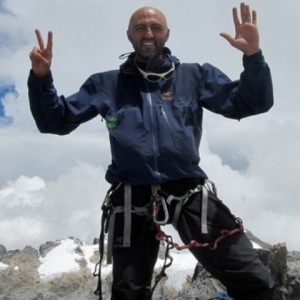
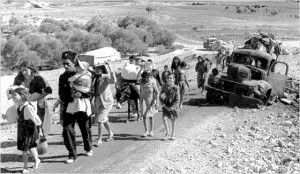


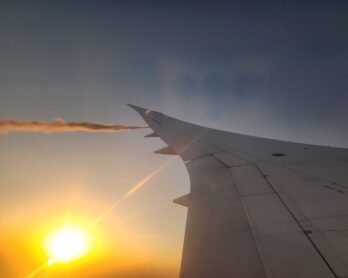
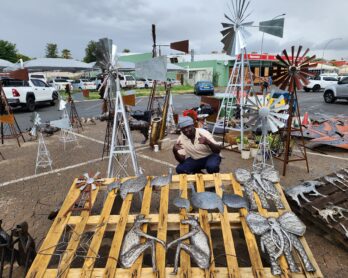



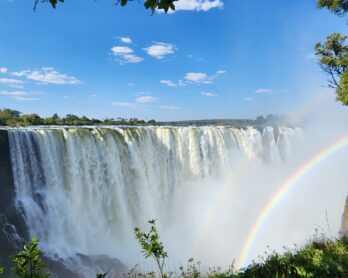
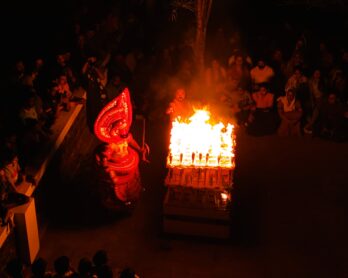
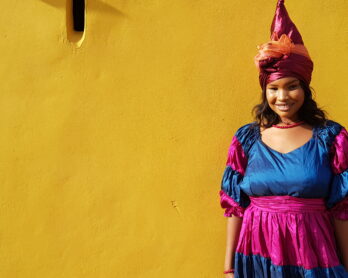
I was almost raped and brutally attacked by mostafa salameh four years ago in nepal. He beat me badly and went to jail for it and had to pay me 1000$
Please include this fact in your story. I can provide papers i filed at the police station in nepal against him and also a photo of my bruised swollen face.
I am so sorry to hear that. Like every country, Nepal too has its ups and down, really unfortunate that your experience were more the downside. Sure, I would like to know what happened. You can mail me here. Don’t know why, but probably I can suggest ways to prevent such incidents? Your inputs too are welcome.